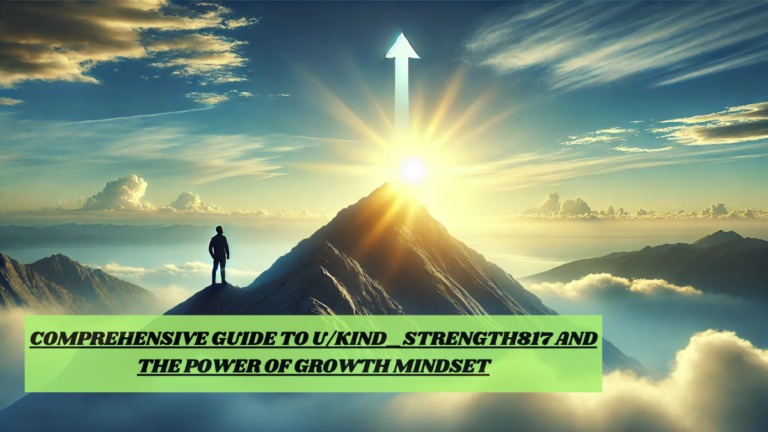Comprehensive Guide – wellhealthorganic.com Morning Coffee Tips with No Side Effects
Introduction
If you’re one of the millions of people who start their day with a comforting cup of coffee, you know how beneficial it can be. From that initial boost of energy to a refreshing way to awaken your mind, coffee has become an essential part of many morning routines. However, some people worry about the potential side effects that come with drinking coffee, especially if it’s a daily habit. At wellhealthorganic.com, we believe you can enjoy your morning coffee without adverse effects by following a few simple, health-focused tips.
Enjoy coffee without side effects by choosing organic, drinking with food, limiting sugar, and timing intake between 9:30 and 11:30 a.m.
In this guide, we’ll provide you with proven methods to enhance your coffee experience while minimizing side effects. From selecting the best coffee type to timing your caffeine intake wisely, here are ways to ensure your morning coffee is both enjoyable and healthy.
The Science Behind Coffee and Its Effects
Coffee is packed with antioxidants and beneficial compounds, but it also contains caffeine, which can impact your body in multiple ways. In moderate doses, coffee can improve alertness, cognitive function, and even support metabolism. However, excessive coffee intake can lead to side effects such as jitteriness, anxiety, and digestive issues.
This article addresses how to balance the positive effects of coffee with a few simple lifestyle choices, making your morning cup both refreshing and side-effect-free.
Tips for Enjoying Morning Coffee with No Side Effects
1. Choose Organic Coffee Beans
- Why Organic Matters: Organic coffee is free from harmful pesticides and chemicals that can impact health over time. Choosing organic coffee beans ensures you’re getting a cleaner, purer coffee experience.
- How to Find It: Look for labels like “USDA Organic” or certifications specific to your region.
2. Don’t Drink Coffee on an Empty Stomach
- Why It’s Important: Drinking coffee on an empty stomach can lead to acid buildup, causing digestive discomfort. Eating a light breakfast or snack helps buffer coffee’s acidity.
- Best Choices for Breakfast: Consider pairing coffee with whole grains, nuts, or fruit to maintain energy levels.
3. Add Healthy Ingredients to Your Coffee
- Cinnamon: Adds a sweet flavor and can help regulate blood sugar.
- Cocoa Powder: A rich source of antioxidants.
- Ginger: Known for its anti-inflammatory properties.
- Adaptogens (e.g., Ashwagandha): These can reduce the jittery side effects of caffeine.
4. Avoid Sugar and Artificial Sweeteners
- Why Limit Sugars?: Sugar can lead to energy crashes and contribute to weight gain. Instead, opt for natural sweeteners like honey or stevia.
5. Practice Portion Control
- Optimal Coffee Amount: Experts recommend limiting coffee intake to 1-2 cups per day to avoid caffeine dependency and potential side effects.
6. Try Decaf or Half-Caf Coffee Options
- Decaf Benefits: If you’re sensitive to caffeine, consider decaffeinated or half-caf coffee. These options offer flavor without the full caffeine effect.
7. Time Your Coffee Intake Wisely
- Best Times for Coffee: Research suggests that drinking coffee in mid-morning (around 9:30 to 11:30 a.m.) aligns well with natural cortisol levels, preventing over-stimulation and anxiety.
8. Hydrate Well Throughout the Day
- Caffeine and Dehydration: Coffee is a diuretic, meaning it can dehydrate you. Drink water alongside your coffee to maintain hydration levels.
Understanding Coffee Alternatives
If you’re looking to reduce your caffeine intake but still want a warm morning beverage, here are some excellent coffee alternatives that offer health benefits:
- Herbal Teas: Chamomile, peppermint, and ginger teas are naturally caffeine-free and easy on the stomach.
- Matcha: A green tea powder rich in antioxidants and offers sustained energy.
- Chicory Root Coffee: Chicory root coffee has a similar taste to coffee but without caffeine.
FAQs
1. Can I drink coffee every day without side effects?
Yes, by choosing organic beans, limiting intake, and drinking coffee with food, you can enjoy it daily with minimal risk of side effects.
2. Is decaf coffee better for reducing anxiety?
Yes, decaf coffee can reduce anxiety for those sensitive to caffeine by providing a similar flavor experience without the stimulating effects.
3. What is the best time to drink coffee?
Mid-morning (9:30 – 11:30 a.m.) is ideal for coffee consumption as it aligns with natural cortisol peaks, reducing caffeine’s impact on anxiety.
Conclusion
With a few adjustments, your morning coffee can be an enjoyable, healthy ritual that energizes you for the day without negative side effects. By choosing organic, limiting sugar, adding healthy ingredients, and hydrating properly, you can maintain the benefits of coffee while avoiding potential downsides.






